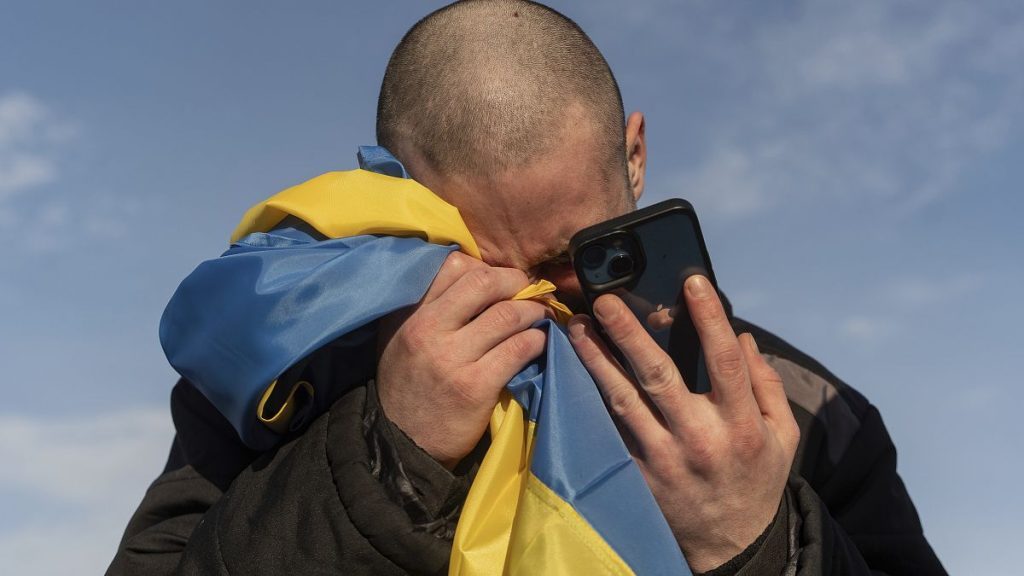The treatment of Ukrainian prisoners of war in Russian captivity has been a cause for concern, with reports of physical and moral torture, sexual violence, illegal sentencing, and violent executions. Ukrainian Prosecutor General Andriy Kostin revealed that up to 90% of returned POWs reported being subjected to torture in Russian prisons, a violation of the third Geneva Convention. This Convention sets out rules for the treatment of prisoners of war, including ensuring humane treatment, adequate housing, food, clothing, and medical care. Despite these rules, Russia has been accused of ignoring the standards of war and hindering humanitarian activities.
Many Ukrainian soldiers who have returned from Russian captivity or families of those still held in Russian prisons have little to no contact or information about their loved ones. The only way information is obtained is through POW exchanges or from other prisoners who have been released. Serhii Rotchuk, an Azov Brigade officer, shared his experiences of torture and abuse during his time in Russian captivity, highlighting the poor health and morale of fellow servicemen held captive. Families like Yevheniia Synelnyk, whose brother Artem has been missing for two years, are left in limbo, not knowing whether their loved ones are alive or the conditions they are being held in.
The Association of Azovstal Defenders’ Families was created to provide support to families of the soldiers who surrendered to Russia during the siege of the Azovstal steel plant. The association’s spokesperson, Marianna Khomeriki, expressed frustration with the lack of action by international organizations and called for Ukrainian forces to capture Russian soldiers to replenish the exchange fund for POWs. However, Russian forces have been reluctant to exchange Mariupol defenders, with the recent inclusion in a POW swap being an exception. The execution of nine Ukrainian prisoners of war in the Kursk region has raised concerns about Moscow’s broader intent and a potential premeditated policy of targeting Ukrainian POWs.
The Azov Brigade has been a target of Russian propaganda and policies, with accusations of far-right links leading to a ban on Western weapons and training for ten years. Despite the lifting of the ban by the US due to a lack of evidence of human rights violations, around 900 Azov soldiers remain in Russian captivity, and some have been sentenced for alleged participation in terrorist organizations. According to Nestor Barchuk, the brigade’s legal advisor, the only way to ensure the return of all Ukrainian defenders is to win the war. This situation has highlighted the need for continued efforts to protect the rights and well-being of prisoners of war and ensure compliance with international conventions and standards.


